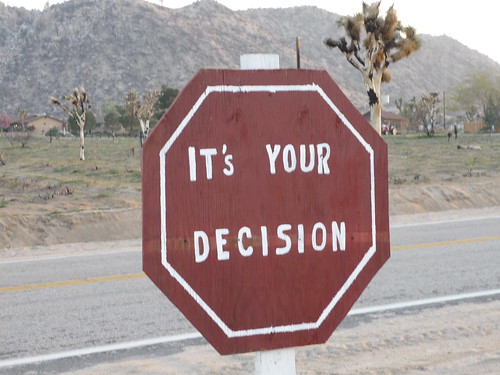Every now and then I come across a book which is so thought-provoking that having reached the last page, I turn back to the beginning and start again. Essentialism: The Disciplined Pursuit of Less is one of those books.
The author, Greg McKeown, suggests three steps which the person who wishes to make the most of their life must take, and keep taking.
1) Decide what is most important. (Priority!)
2) Get rid of everything else.
3) Make the most important happen as easily as possible.
This applies not only to physical possessions, but (even more) to how you spend your time. “Dost thou love life?” Benjamin Franklin asks. “Then do not squander time, for that is the stuff life is made of.”
The first step reflects the undeniable fact that you cannot do (or have) it all. We cannot have every career, do every job, own all the clothes, or maintain all possible relationships. As Miss Pettigrew says, “There are times when decisions just have to be made, or you certainly will miss out.” Other people are generally only too happy to make these decisions for you – at worst, for what suits them, and at best, for what they think will suit you.
Of course, deciding what is really important in your life is seldom a quick or easy process, but then, it is your life. Worth taking the time, I would say.
Once the decisions have been made, comes the hard bit (what? you thought it was going to get easier from here?) – getting rid of the inessential. Clearing out one’s cupboards is relatively painless compared with learning to say no to people. Especially when what they are asking you to do is something good.
As a child, I read a book about a woman who went off to be a missionary in or near the Sahara. I don’t remember her name, or the author’s, or for that matter what the book was called. I’m not even sure it’s the same book. What I do remember is something she was told as a child: the good is often the enemy of the best.
The good is often the enemy of the best. Because there isn’t room in your life for everything, and the best is outnumbered. Because the good is defensible, because you can rationalize it away, because it’s often easier, because people will be happy with you.
The good is often the enemy of the best. Give no quarter; stand your ground.
And the third step? Same time, same place, next week.
Because the third step, mild as it seems when compared to the first two, is actually a complete game-changer.




Sound advice I should definitely take on board! I have such trouble saying no…
Someone (I forget who) quoted in Essentialism says that if your response isn’t “Hell Yeah!!” it should be “No”.
Kind of like Austen’s Emma on the subject of marriage proposals – if in any doubt, refuse!
I’ve narrowed my essentials down somewhat — biological needs (food, shelter), family, productive work. I feel like those add up to happiness. But then where is friends? And recreation? It’s so hard to narrow it down!!
I really like your blog, btw. I’m trying to take more time to look at it. 🙂
Thanks!
It’s always difficult when you try to narrow your life down to just a few things. (Eat! Sleep! Breathe! Sorry, work didn’t make the cut…)
I guess the trick is to find what is essential for you as you, rather than you as a human being generally.
Haha yes, very true. I also like sitting and staring after a long day of work (not for too long, but it feels good just to sit).